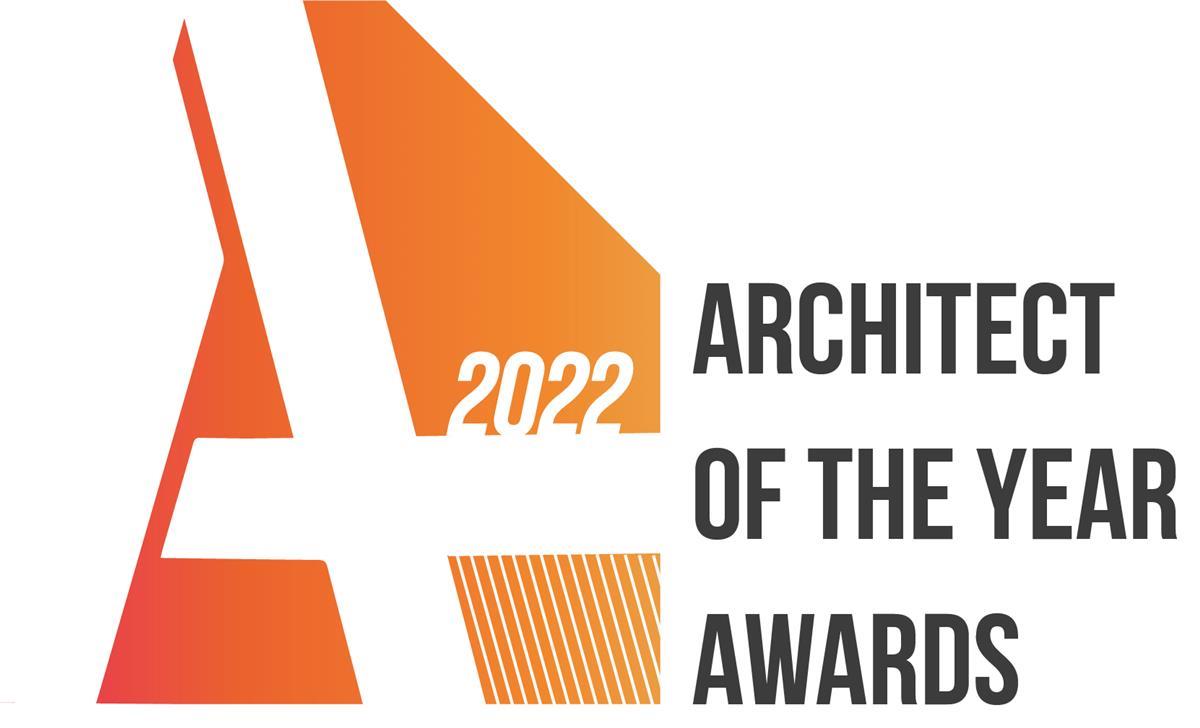Many people can manage but not all have the skills required to truly inspire their teams, says Louise Rodgers

上周,我与几位教练进行了交谈,这让我思考了“领导力”和“管理”这两个词的含义,以及两者之间的区别。
According to Harvard Business Review, “management consists of controlling a group or a set of entities to accomplish a goal. Leadership refers to an individual’s ability to influence, motivate and enable others to contribute towards organisational success.”
By this definition many of the people I work with are managers rather than leaders. They are often new managers, promoted because of their technical rather than their people skills.
This means that they may need to work on getting better at some of the key functions of management such as planning, decision-making, delegating and prioritising, before they can engage with the more complex demands of leadership.
Listening, motivating and inspiring are just a few of the leadership skills often described as “core”, alongside strategic thinking, flexibility, creativity … and I could go on (and on). No wonder the thought of it exhausts every time-challenged busy manager, particularly if beset by the constant demands of having to achieve against a particular set of outputs.
Most of us are far too busy to get to know ourselves. And doing so can be an uncomfortable and challenging process
It is difficult to find the time or headspace to listen, motivate and inspire when you fundamentally feel, or perhaps really are, still a “do-er”, bogged down with detail and deadlines.
And that is why, if I had to pick one leadership skill that encompasses all the others and is most likely to lead to leadership success, I would make the case for self-awareness. It sounds such a simple thing, but the reality is that most of us are far too busy to get to know ourselves. And doing so can be an uncomfortable and challenging process.
There is always the fear that we might not like what we find out, so we put it off. But successful leadership is grounded in self-awareness. Without it, we don’t get a full understanding of what motivates us, what our strengths and weaknesses are, what the impact of our behaviours might be on other people. In other words, we don’t “grow”.
Developing self-awareness can be facilitated by a good coach. But it is also something that you can work on by yourself. Here are four tips to increase self-awareness and ease the transition from manager to leader:
Know your values
Values guide our thoughts, words and actions. We all have them, whether we know what they are or not, and they influence every one of the tiny decisions we make every day.
We can feel extremely uncomfortable and unhappy if we are consistently not able to act according to our values. And, when someone acts towards or around us in a way that makes us feel uncomfortable, it is likely that one of our values is being crossed.
Values will influence how someone “shows up” as a leader, or just as a human being, so it makes sense that each of us takes the time to identify what they are. It is also a step towards getting to know ourselves better.
Seek feedback
We all know that good communication is the cornerstone of effective leadership. Giving feedback regularly, in addition to being open to receiving feedback about your performance, may sound scary, but if you want to take your own style of leadership to another level, how effective you are as a leader and your team’s perception of this should be part of a continuous discussion.
这不是一个复杂的360度评估过程的一部分,它可以简单地问,“你需要我多做/少做什么?”或者“在这个项目上我怎样才能最好地支持你?”
Critical to good leadership is being prepared to step outside of one’s comfort zone
Stay curious
Good leaders consciously try to break out of established ways of thinking, or doing, to find innovative ideas and practices. Critical to good leadership is being prepared to step outside of one’s comfort zone; consider things from different perspectives and be prepared to acknowledge that just because something has always been done that way, it does not mean that there isn’t a better way.
This seems especially important when managing across the generations. If you always think your idea is the best idea in the room, there is no room for other people’s.
Practise reflection
在任何新的教练项目开始时,我和我的搭档教练都会给参与者一本印有Step Up品牌的笔记本,鼓励他们用它来记录自己的学习和观察。这可以包括对我们推荐的任何一本书或他们听的任何播客的想法,但我们也希望他们用它来记录他们对自己可能正在做的事情或思考的不同看法,因为他们更多地了解作为领导者的自己。
In workshops, we use the “What, So What, Now What?” method of reflective thinking, as a prompt. What happened? What does this mean/what is the insight behind it? What are you going to do now? What will be different?
Like mindfulness, self-awareness is a practice. Self-aware leaders are more trusted and give a clearer sense of direction and purpose to their teams, raising their levels of performance. Put simply, self-aware leaders are better leaders.
Postscript
Louise Rodgers is Building Design’s professional coach. A personal and business coach, she co-created and co-delivers Step Up, a leadership development programme for built environment consultants.
Do you have a question for Louise? If so email louise@eidyia.co.uk. She will use the most interesting in her columns but cannot enter into individual correspondence.
















No comments yet